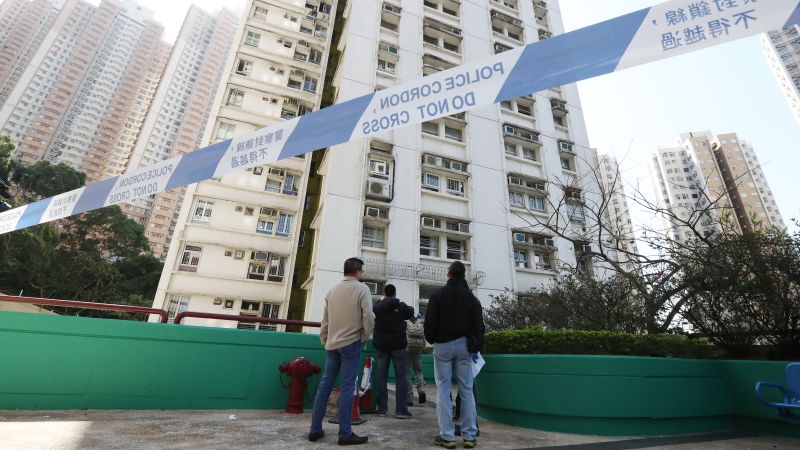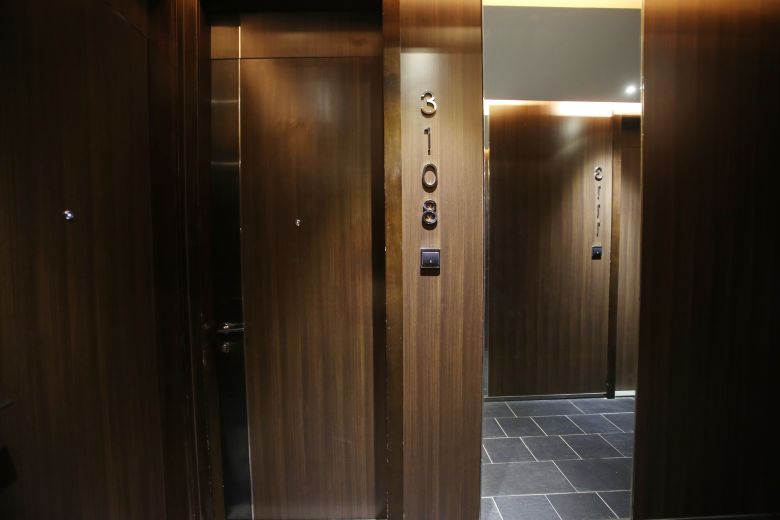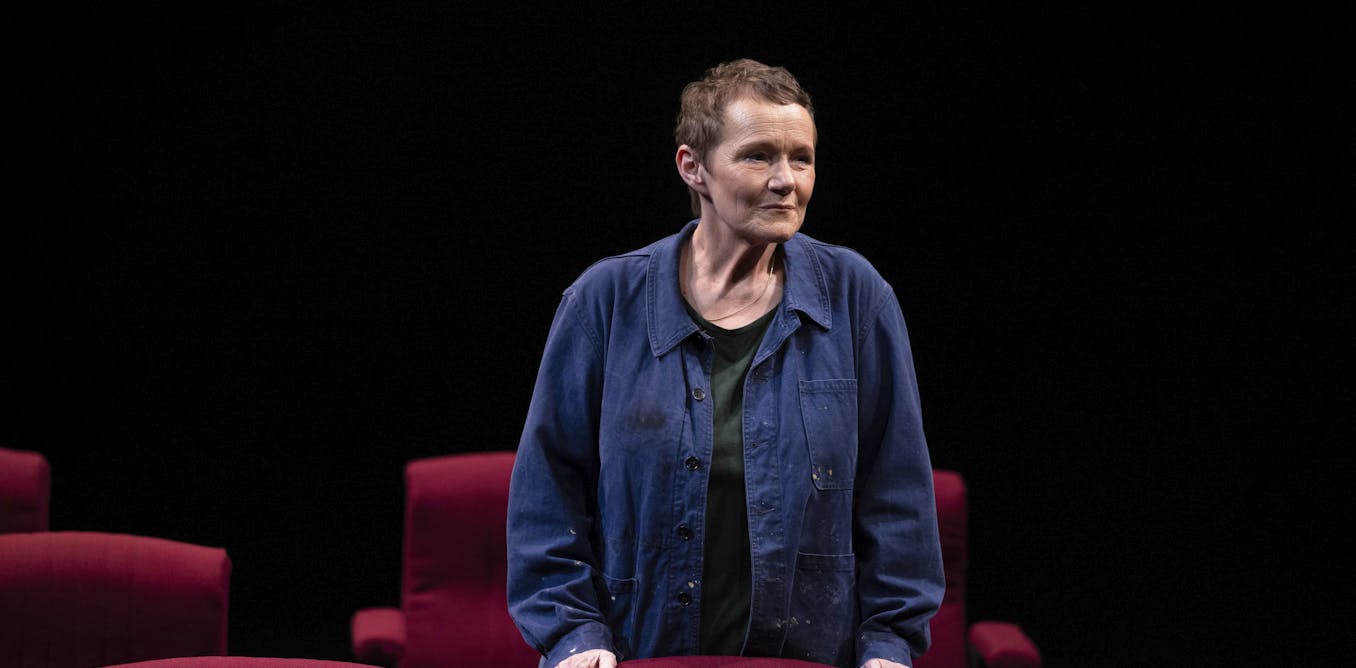Hong Kong
—
In land-starved Hong Kong a tiny, no-frills apartment far from the city center can eat up half of a monthly salary. But for bold renters there’s one sure way to get a discount: choose a property haunted by a murder or unnatural death.
The houses, often apartments inside the city’s tall residential buildings, strike so much fear among residents that anyone willing to live there can negotiate hefty discounts in one of the world’s most expensive property markets.
“The discount could be massive and many people who don’t mind can rent these places below the market price” said Ng Goon-lau, an investor so well-known for owning dozens of these apartments that local media has dubbed him the “King of Haunted Houses.”
Lists of haunted houses can be found on most estate agent websites. They are places where an unnatural or premature death has occurred and include the scenes of some of the city’s most gruesome murders.
Property-listing website Spacious.hk compiles a 92-page list that dates back to 2006, featuring details of how each death occurred. In a city known for its tightly packed residential towers, many entries state the cause of death as “fell from height.”
Other real estate agencies offer advice about how to identify spooky apartments, including checking death certificates and quizzing potential neighbors about the apartment’s history.
In a city heavily influenced by Buddhism and Taoism, living in apartments associated with ghastly deaths often stokes fear of bad fortune.
Feng shui master Andrew Kwan said people believe that those who died a tragic death may not get closure. “Their hatred may stay. (Their spirit) may remain in the apartment,” he said.
The fear of a curse has created a unique market for bargain-hunting investors and tenants who are happy to try their luck.
Property prices plunge by an average of 20% after they are labelled haunted – and up to 34% in the event of a murder, according to Utpal Bhattacharya, Chair Professor of Finance at Hong Kong University of Science and Technology, who led a study on the phenomena in 2019.
A ripple effect spreads to properties on the same floor, which often see their value drop 10%, and even flats in the same building can fall 7%, he told CNN.
“The belief in Feng Shui is quite strong among Chinese, and the population in Hong Kong is about 94% Chinese…implying that most buyers have a large distaste for haunted houses,” said Bhattacharya.
Disclosure is not required under Hong Kong law, but regulators demand property agents provide accurate information about any death upon inquiry.
These details matter because the circumstance of the death – from accidents to malicious murders – could determine the size of the discount.
In death, Ng, a veteran investor in his 70s, sees opportunity. He scoops up the so-called haunted homes from owners who are desperate to sell, and leases them out at up to 30% below market price.
“Many people don’t actually have a strong feeling against hung zaats. It all comes down to the extent of the discount,” he said.
Still, the prevailing mood of the city is to stay away – or at least be cautious.
That especially applies to properties linked to some of the city’s most chilling murder cases.
In 2014, British banker Rurik Jutting brutally murdered two Indonesian women and hid one of the bodies in a suitcase in his upscale apartment in J Residence in Wan Chai, a popular nightlife district in Hong Kong.
As gruesome details of the murders emerged, the value of the one-bedroom apartment where they took place was estimated to have plunged from $1.16 million to $770,000, with its $3,740 monthly rental halved, Bloomberg reported at the time.
Another unit in Tsuen Wan, a residential neighborhood in the New Territories, was sold at a loss of $142,000, shaving 40% off the original price, according to local news reports. The unit was the scene of a money-fueled murder in 2016 involving three men, who killed their friend and sealed his body in a slab of cement stored in the unit.
Owners of the properties are almost certain to lose money. It’s very difficult to find a buyer for homes listed as a haunted house – partly because banks also tend to stay away.
Eric Pau, Senior Associate Director at Ricacorp Properties, a major real estate firm in Hong Kong, told CNN many banks view them as high-risk investments. “In most cases, mortgages will not be granted,” he said.
But he said others see it as an opportunity. As an investor, Ng’s playbook is to be selective about the type of “haunted homes” he buys.
He tries to avoid properties associated with gruesome murders as much as possible and looks for places where the death occurred some time ago.
“Fortunately, some ‘haunted houses’ have been around for so long that people have forgotten about what happened,” he said. “The main thing is to make people not to feel sad and unpleasant.”
But like all investments, there are risks, and Ng has had some spooky failures.
One time, he said, a tenant broke the lease just days after moving in. The tenant never told him why, so he turned to the neighbors.
“The neighbors told me that the three-year-old son of this tenant opened a very difficult book in the middle of the night and read it attentively,” Ng recalled being told.
“He thought his son was possessed,” he said.










